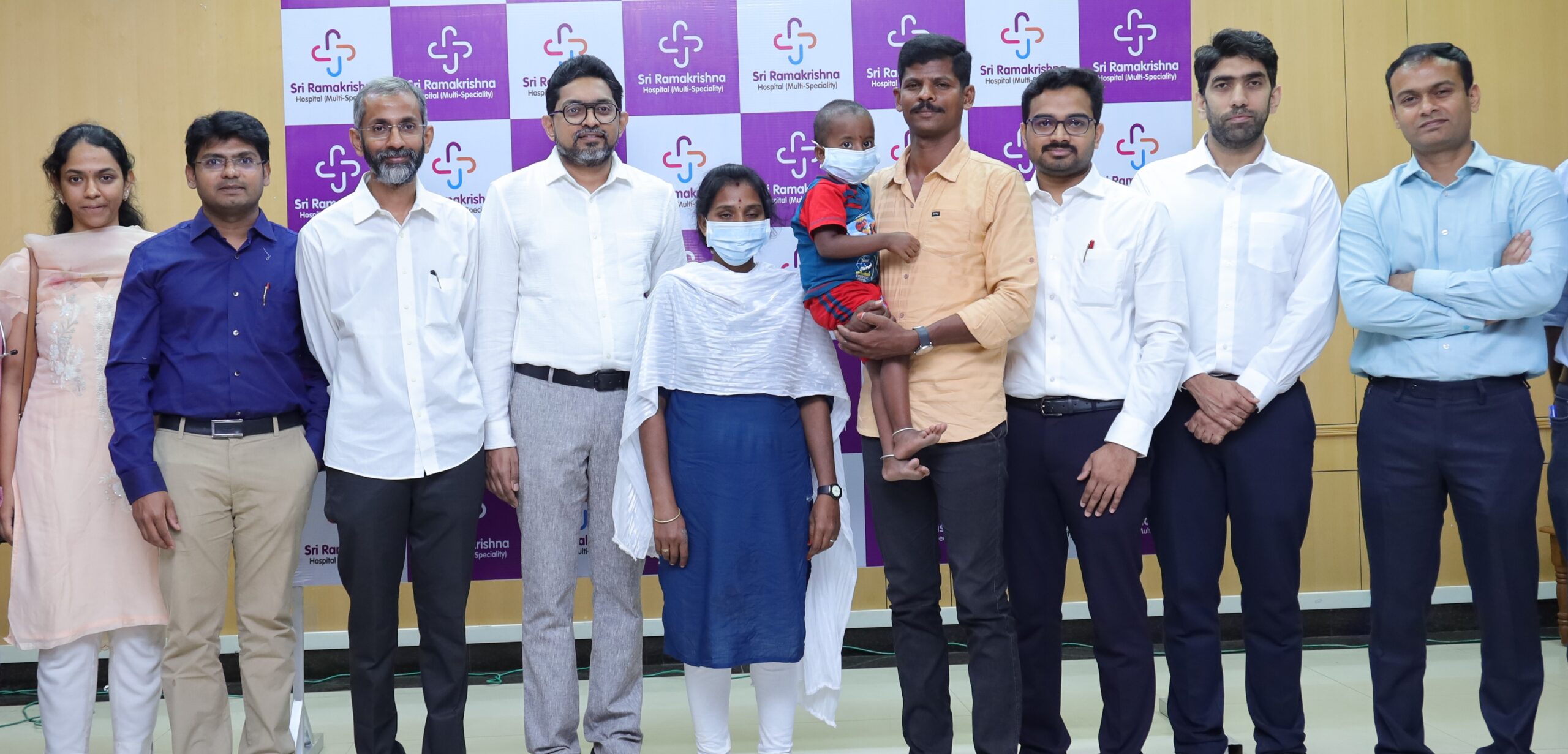Trending Now
- 830 voters names go missing in Kavundampalayam constituency
- If BJP comes to power we shall consider bringing back electoral bonds: Nirmala Sitaraman
- Monitoring at check posts between Kerala and TN intensified as bird flu gets virulent in Kerala
Coimbatore
Pithukuli Murugadas, the son of Coimbatore, passes away.
![]() November 18, 2015
November 18, 2015
He was born as Balasubramanian in Coimbatore to Alamelu and Sundaram Iyer in a devout Brahmin family. At the age of seven when boys were busy placing games, the boy Balasubramanian had a divine experience. He quit his school in the seventh grade, and moved on in the pursuif of the meaning of his divine experience.
During his childhood, he lost vision in one of his eyes while playing ‘gilli daandu’ as it got infected. Due to this, during his concerts, he would wear cooling glasses, and that too became his trademark.
He boarded a train at Coimbatore without a penny and was thrown out of the coach at Erode! Having dropped out of school after his eighth class, he commenced his spiritual yatra by walking to Palani hills. After spending a few years there, he shifted to Marudamalai and lived in a cave. Later, returning to Coimbatore, he stayed with friends doing odd jobs such as repairing piston engines.
At the age of seven, he went to practice yoga in Palani under the tutelage of Nadayogi Brahmananda Paradesiar. He was also called “Pittukuli” by one of his gurus Brahmananda Paradesiar (Pithukuli means insane or mad), and he would one day become mad like him. Pithukuli became his new name and signature.
In 1931, at the age of eleven, he participated in the Salt Satyagraha campaign and spent some days in prison. During 1936, while participating in the nationwide Satyagraha to protest against the Jalianwala Bagh massacre, he was imprisoned for six months. He was released later as Government’s gesture on the occasion of the wedding of Mysore Maharaja Jayachamarajendra Wadiyar.
From 1935, at the age of 15, he commenced his pilgrimage. He began wandering around the country. In 1939, he visited Swami Ramadoss of Kanjangadu Ashram in South Kanara and Mata Krishnabai. He was named as Murugadas by Swami Ramdas as he sang on Lord Muruga. He met many saints including Brahmananda Paradesiar, Vallimalai Sachidananda Swamigal, Swami Gnananda Giri, Swami Ramdas, Mata Krishna Bai and many more.
Vallimalai Sachidananda Swamigal took him into his fold and taught him many of Arunagirinathar’s songs, like Kanthar Athubuthi, Kanthar Alankaaram, Vel Vaguppu, Seer Pada Vaguppu, and a large number of Thiruppugazh poems. He was named as Murugadas by Swami Ramdas as he sang on Lord Muruga . In 1940, he spent a few days with Avadhudha Swami Swayam Prakash at Sendhamangalam and then went on a pilgrimage by foot and traveled throughout India. In 1946, he joined Thirupugaz Mani in popularizing Bhajans praising Muruga.
As he travelled throughout India, he learnt various languages and began singing devotional songs in various languages. His repertoire of songs included Purandaradasa, Tyagaraja, Meerabhai, Thukaram, Kabir, Jayadevar, Thevaram, Thiruppugazh, Oothukadu Venkata Ravi, Bharatiyar and Arunagirinathar.
After Independence in 1947, he became the patron of the orphanage known as Dhinabandhu Ashram at Walajapet. In 1978 he married Devi Saroja, an accomplished artiste in dance, music, Tala Vadya and painting.She passed away in 2011.
For many years, he never sang for money and the only condition was Annadanam, that is, food for all and charity.
Alayaipayuthe Kanna , Aaadathu Asangathu Vaa and Pal Vadiyum Mugam beginning with theItchuvai Thavira Inthiralogam Poi Aazhum of Thondaraipodi Azhwar’s pasuram were soaked in bhakti.
His concerts were hugely popular in the US, UK, Seychelles, Mauritius, Sri Lanka and South Africa among others.
It was he who first encouraged the audience to sing along with him. He was followed by people like Haridoss Giri.
He was the recipient of several awards — Sangeetha Samrat (1956), Kalaimamani (1984) by Government of Tamil Nadu, Guru Surajananda Award (1989), Madhura Gana Mamani (1994) in London, Sangeetha Nataka Academy Award (1998), Thiagarajar Award by The National Cultural Organization of New Delhi.
He was going to Rishikesh, on foot, when he was abducted by dacoits in the Itarsi sector. Finding practically nothing to snatch from him, they suspected him to be a CID. They relented after learning who he was. And he sang bhajans for several hours. The dacoits took turns to play the tabla and gave away the harmonium they had. They left him blindfolded near a railway track from where he continued his journey.
He had written several books, and produced many music albums (cassettes and CDs).
In 1995, Murugadas was invited to sing devotional songs in seven languages at the World Hindu Conference in Durban. Sharing the dais with Nelson Mandela remained a cherished moment for him. .
Songs set in various Carnatic ragas flowed from him like a stream. He had a mesmerizing voice, and his fingers flew deftly across the harmonium. “He does not have any knowledge of Carnatic music be it swaras or ragas. Of course his predecessors were all musically inclined and that might probably be the reason for his musical prowess.” Pithukuli Murugadas, nonagenarian, refers to himself only in the third person. There is no room for ‘I.’























